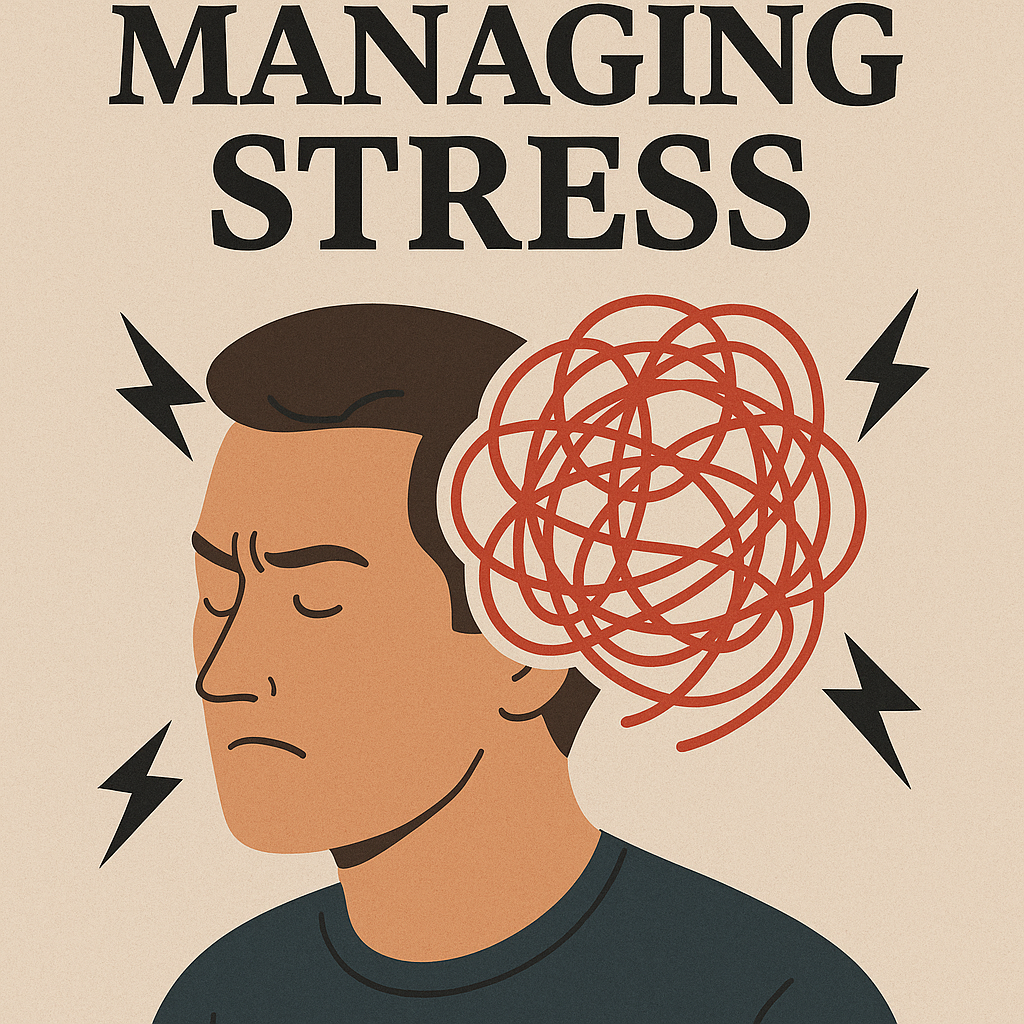Most people try to change their lives with willpower, discipline, and ambitious goals. And while motivation helps at first, it often fades — leaving you overwhelmed, frustrated, or back at square one.
The real key to lasting change? Sustainable habits built with clarity, compassion, and consistency — not perfection.
In this article, you’ll learn how to create better habits that actually stick, without burning out or giving up.
Why Habits Matter More Than Motivation
Habits are automatic. They shape:
- How you start your day
- What you eat, think, and feel
- Your energy, focus, and resilience
- Whether you move forward — or stay stuck
You don’t rise to your goals. You fall to the level of your habits.
1. Start Smaller Than You Think
Most people fail because they aim too high, too fast.
Instead of:
- “I’ll work out 1 hour every day”
Try:
- “I’ll stretch for 5 minutes”
- “I’ll walk around the block”
Start so small it feels silly — that’s how momentum is built.
2. Tie New Habits to Existing Routines
Anchor new behaviors to things you already do.
Examples:
- After I brush my teeth, I’ll write one line in my journal
- After I make coffee, I’ll do 5 pushups
- After I sit at my desk, I’ll take 3 deep breaths
This makes the habit easier to remember — and harder to skip.
3. Focus on Identity, Not Just Results
Shift from:
- “I want to read more”
To: - “I’m the kind of person who reads daily”
Identity-based habits are more sustainable because they reinforce who you are, not just what you do.
Every action becomes a vote for the person you’re becoming.
4. Use Visual Cues and Triggers
Make your habits obvious.
Try:
- Leaving your workout clothes where you can see them
- Putting your journal on your pillow
- Using reminders or alarms for habit triggers
Visibility increases follow-through.
5. Track Progress (But Keep It Simple)
Use:
- A habit tracker app
- A checklist on paper
- A “don’t break the chain” calendar
Tracking builds satisfaction, awareness, and momentum — even if you only check one box at a time.
6. Plan for Imperfection
You will miss days. You will forget. That’s normal.
What matters is:
- Don’t miss twice
- Get back on track quickly
- Use slips as feedback, not failure
Resilience, not rigidity, builds lasting habits.
7. Make It Enjoyable
If a habit feels like punishment, it won’t last.
Ask:
- “How can I make this more fun?”
- “Can I pair this with music, a reward, or a friend?”
- “What’s the most enjoyable version of this habit?”
Pleasure increases consistency.
8. Pair Habits With a Reward
Your brain loves dopamine — give it something to look forward to.
Examples:
- A check mark on a tracker
- 5 minutes of something you enjoy
- Saying “I did it!” aloud
Even small rewards reinforce the loop.
9. Review and Adjust Monthly
What worked this month? What didn’t? What’s worth continuing?
Habits evolve. Keep your system flexible so it grows with your life.
A monthly review helps you stay intentional, not automatic.
10. Be the Architect of Your Environment
Your environment shapes your behavior more than motivation.
Design it for success:
- Keep distractions out of reach
- Make good choices easy and visible
- Limit friction for your most important habits
Structure supports self-discipline.
Final Thought: Lasting Change Is Built One Choice at a Time
You don’t need to overhaul your life overnight. You just need to take one small step — and then repeat.
Build slowly. Choose wisely. Show up daily — not perfectly.
Because your future isn’t created in a burst of motivation. It’s built in the quiet consistency of your habits.
